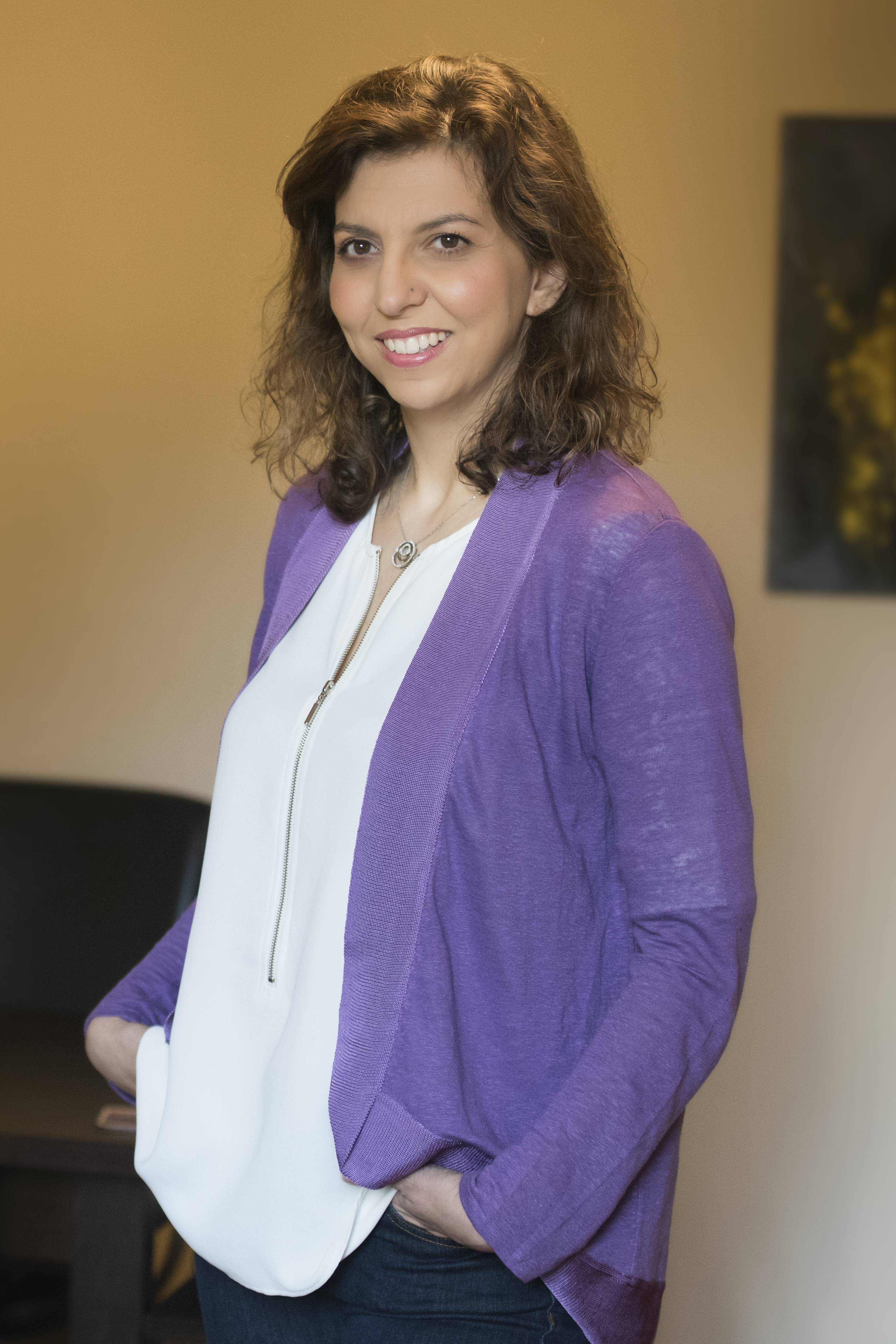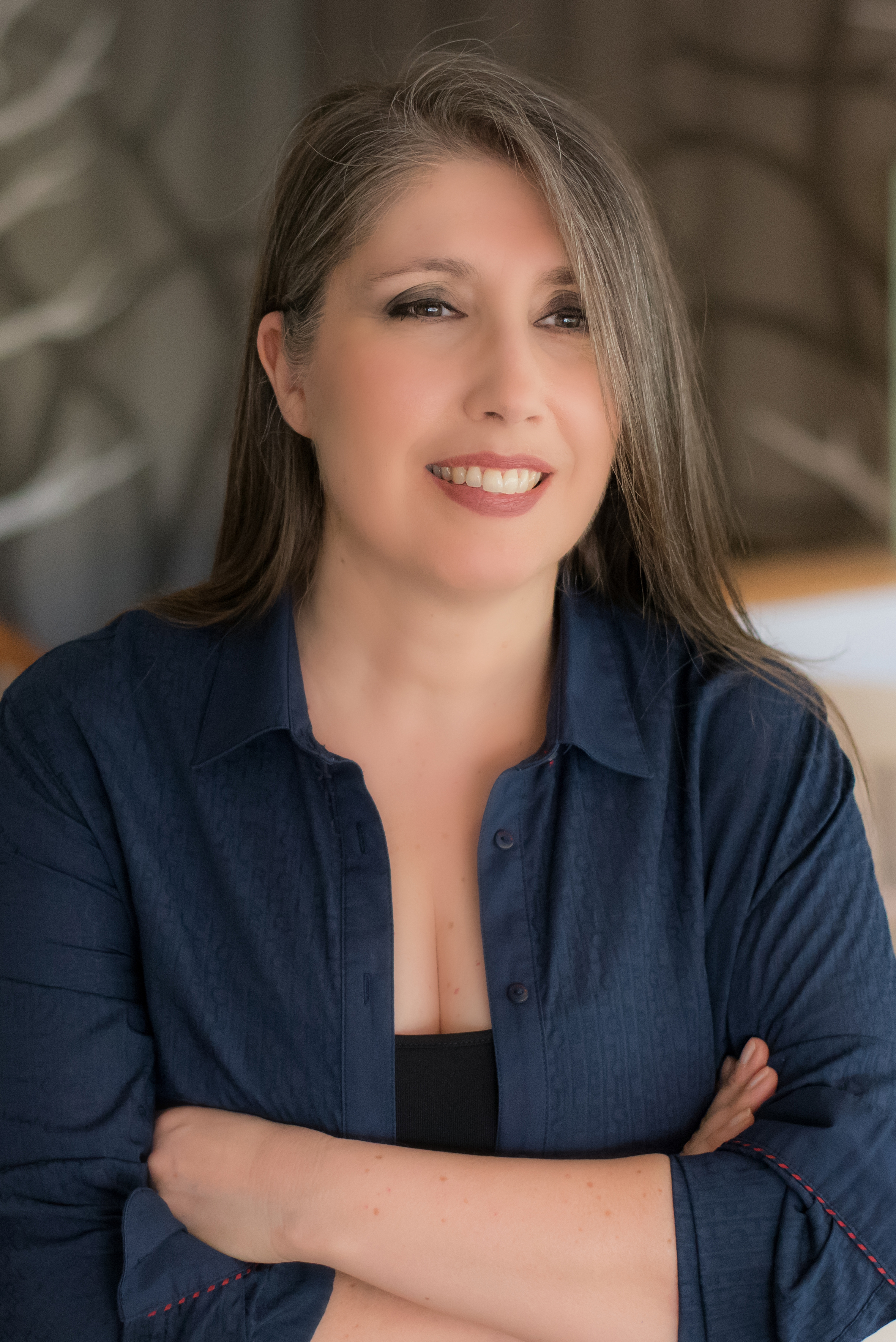About Us
Our background, our journey
and why Positive relationships

Antigoni Mertika
Clinical Psychologist
I am a Clinical Psychologist , Researcher and Gestalt Psychotherapist. I am a strong believer in psychological research that focuses on common struggles and concerns, and in clinical practice which integrates the theories of brilliant thinkers and the findings of persistent researchers for the benefit of the people undergoing treatment.
My search began at the Department of Psychology at the University of Pandeon, from there to New York at Columbia University, then London and finally back to Athens. I studied hard, obtained my Diplomas, and set up my private practice for which I am proud. What makes me even prouder, however, are the people I met and the relationships I created. Throughout my journey I had the opportunity to meet people who often were very different and wiser than myself, and I was fortunate to have mentors who embraced the same vision, and each, in their own way, was in search of answers to the same questions.
I began my clinical practice, initially as Counselling Psychologist and then as Gestalt Psychotherapist. I worked in diverse contexts and with different populations such as people recovering from severe mental illness, people with HIV, families with children with severe developmental difficulties, unemployed women and women professionals faced with hidden yet real discrimination in their work environment. Fairly early on I realized that my goal was not to simply to treat patients and eliminate symptoms. I was rather intrigued by the question of ‘then what?’.
Having these questions in mind I was introduced to Positive Psychology. For the first time I discovered that many researchers, like myself, were struggling with the same questions I was and attempting to give anwers. Through my practice I have been carefully observing the beneficial effects of positive emotions, positive meaning making, optimism, mindfulness, compassion and have been using them to bring out true change in my clients’ life.

Paschalia Mitskidou
Clinical Psychologist
My name is Paschalia. I am a Psychologist and Psychotherapist specializing in cognitive behavioral psychotherapy. I started, many years ago, working with people who primarily faced pathological anxiety. I trained them to manage their physical symptoms, to better control their thoughts before accepting them as truths, and to gradually plan their goals, which would make them more functional, by changing the behaviors which maintained their anxiety. This is what I knew and did it to the best of my abilities.
Through the passing of time, I quickly noticed that most of the problems for which people sought advice or therapy were related to personal relationships. They either wanted to create relationships or to find solutions to the problems they had in their relationships so as to be happier.
My first step in the research of relationships involved the relationship which would support other relationships, that between the therapist and the client. My Doctoral Thesis examined this relationship and its contribution to therapeutic outcome.
When, a few years later, I was proposed to write a book on anger management, I suggested writing a book regarding relationships. That is how I published a self-help book “Me and the Others” aiming at dealing with pathological social anxiety.
Sailing in known waters, in terms of psychotherapy, I was satisfied. I always thought of psychotherapy as a journey and in the notes I gave my clients, the first page depicted a sail. Therapy helped clients with social fears sail from the port of evasion and of fear, to manage the high seas of anxiety and the fear of rejection and to finally learn to swim in deep waters: meaning to be able to talk and to participate in conversations, to express their opinion, to flirt and to create relationships without anxiety. Our therapeutic relationship was that of experiment, guide and lighthouse.
It was then that I discovered Positive Psychology and realized that it was good to teach people to swim further in, but then? Then what? I left them in the middle of the ocean!! Something was missing. After acquiring the ability to create relationships, the knowledge and ability of creation and the preservation of positive relationships was missing, meaning relationships which would allow people to thrive within them, to be happy, to have support and inspiration, acceptance and purpose. I, therefore, began to search and comprehend what positive relationships actually are.
Are relationships the wholly grail to the meaning of life? The key to happiness? The path to a deserved life? The port at which we all strive to set anchor?
My involvement with positive relationships started with the aim to initially understand the characteristics and qualities of these relationships. To understand what they are and mainly how they are maintained because only then would I be able to guide the people, who I had left in the middle of the ocean, to the port of positivity of relationships.
The research was followed by the planning of exercises which help in the creation of positive relationships, implement and their assessment.
In my own personal journey in the deep waters of relationships, tracing my own route towards the port, a positive relationship was a fellow traveler-Antigone-a solid source of inspiration, of sharing and support. My journey was always interesting, with Antigone it became exciting.
We call upon you to travel with us on this journey.
Since 1998
we have been actively conducting research and applying interventions in Positive Psychology. We started with the investigation of positive emotions in psychotherapy process and outcome. Following that, we were among the lead researchers, in collaboration with Panteion University, that kicked off the annual wellbeing survey in Athens Greece, which runs until today. In 2010, we fullheartedly supported the creation of HAPPSY -Hellenic Association for Positive Psychology and we are committed board members ever since.
Why Positive Relationships
Christakis work
After 20 years of work, Fowler and Christakis announced the way we are all connected! They mapped 4500 networks of people and confirmed what we already knew: that social relationships influence every sector of human function such as professional and family status, physical and mental health and people’s subjective happiness. Furthermore, the researchers pointed out that we are all connected in such a way that we interact even beyond the limits of our acquaintances. more…
Harvard Study
It took 75 years and 20 million dollars to reach a conclusion of five words: Happiness is Love. Full stop. These were the words of George Valliant, responsible of an impressive venture of more than 40 years in the field of psychology, the longest lasting study in the history of the science, a legacy for the next generation of researchers. more…
PERMA
Dr. Martin Seligman in his book Flourish: A Visionary New Understanding of Happiness and Well-Being (2011) suggested that wellbeing consists of five elements.
• Positive emotions
• Engagement
• Relationships
• Meaning and purpose
• Accomplishment more…
Clinical Practice
As clinicians we are often asked to decode and understand our clients’ relationship difficulties. The number and quality of our clients’ relationships is valuable information used during all phases of treatment from initial diagnosis to final outcome and follow-up. more…
HAPPSY-Hellenic Association
of Positive Psychology
These are the people with whom we share our thoughts and dreams. They inspire us to become the professionsals we want to be and drive us to grow as individuals and pracitionners.

To find out more about HAPPSY and its activities, visit




